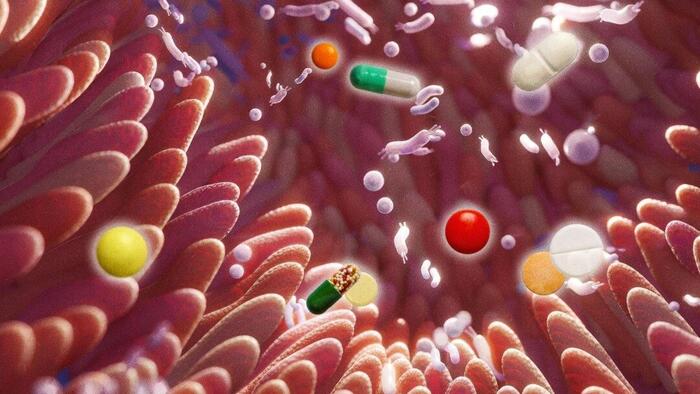Negative
22Serious
Neutral
Optimistic
Positive
- Total News Sources
- 1
- Left
- 0
- Center
- 0
- Right
- 1
- Unrated
- 0
- Last Updated
- 2 days ago
- Bias Distribution
- 100% Right


Cambridge Study Links Gut Hormone INSL5 to 40% Chronic Diarrhea Cases
Scientists at the University of Cambridge have identified high levels of the gut hormone Insulin-Like Peptide 5 (INSL5) as a potential underlying factor in many cases of chronic diarrhea, particularly in patients with bile acid diarrhea (BAD) and irritable bowel syndrome (IBS) with diarrhea. BAD, which affects about one in 100 people, occurs when bile acid is not properly reabsorbed and irritates the colon, causing urgent watery diarrhea and incontinence, but is often misdiagnosed as IBS due to the lack of routine blood tests. The researchers used a new antibody test developed in collaboration with Eli Lilly to measure INSL5 levels, finding that this hormone is released by cells in the colon and rectum when irritated by bile acid. This discovery may explain up to 40% of diarrhea cases among IBS patients and could lead to the development of a blood test and new treatments for chronic diarrhea. Prior studies in mice and human trials involving bile acid enemas have suggested a role for gut hormones like INSL5 and GLP-1 in gastrointestinal responses, supporting these findings. Overall, this research opens pathways for better diagnosis and therapeutic options for patients suffering from chronic diarrhea linked to bile acid malabsorption.

- Total News Sources
- 1
- Left
- 0
- Center
- 0
- Right
- 1
- Unrated
- 0
- Last Updated
- 2 days ago
- Bias Distribution
- 100% Right
Negative
22Serious
Neutral
Optimistic
Positive
Related Topics
Stay in the know
Get the latest news, exclusive insights, and curated content delivered straight to your inbox.

Gift Subscriptions
The perfect gift for understanding
news from all angles.
